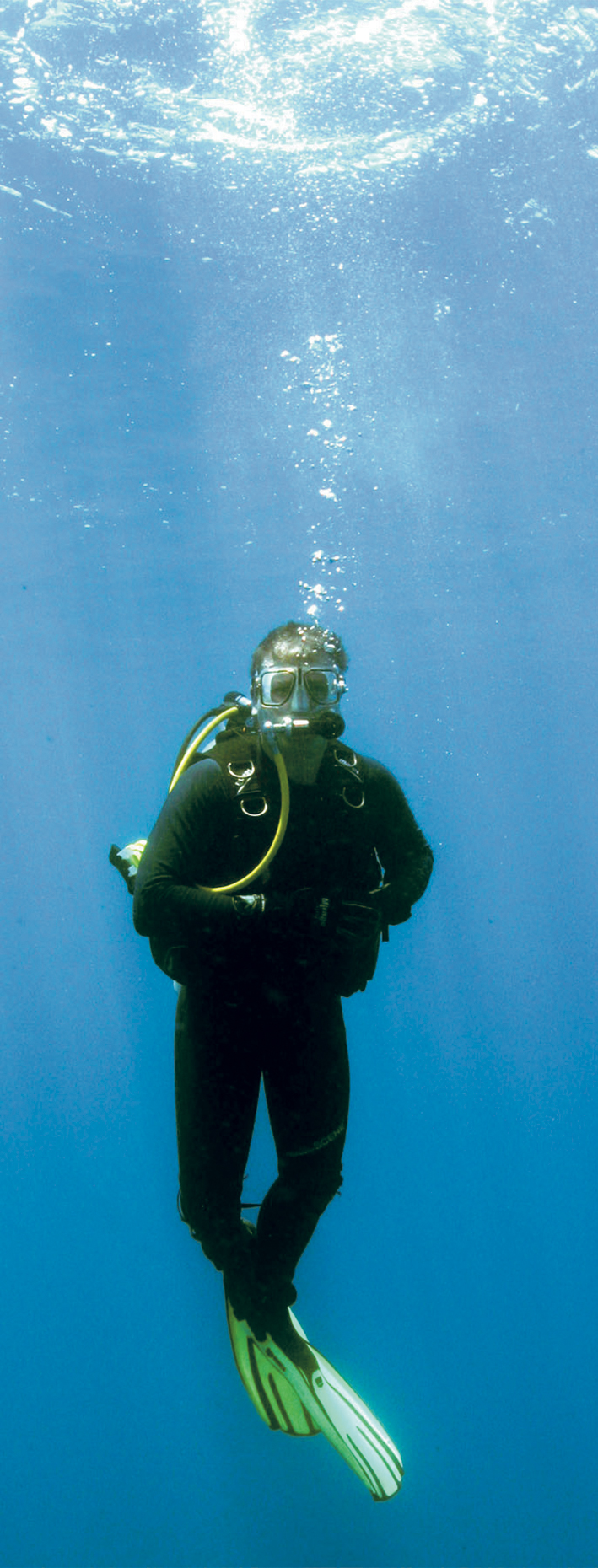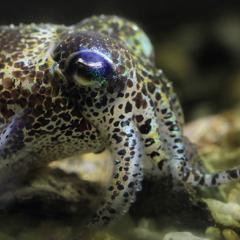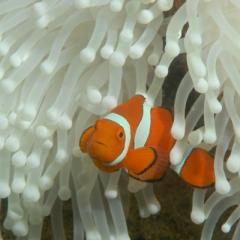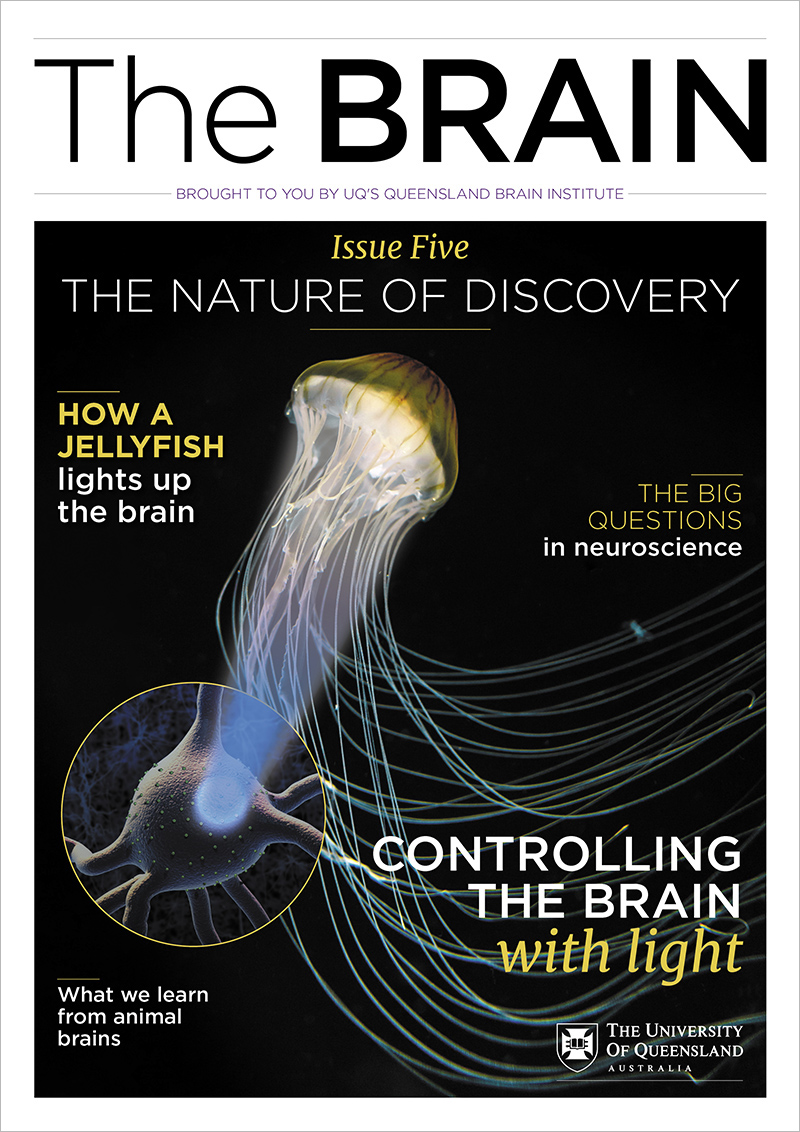Justin Marshall: sensory neurobiology
Professor Justin Marshall is a neuroscientist whose passion is investigating the visual systems of marine animals.
Did you always want to be a biologist?
I have been a marine biologist for as long as I can remember. The neuroscience bit of my life came later but I was fortunate to have marine scientists as parents. My father was Her Majesty’s curator of fish at the British Museum of Natural History and my mother a natural history illustrator. They both had (and as my mother is still going at 94 one continues to have) a strong but gentle influence on my life and chosen direction.
"I sometimes run the Attenborough voice through my head and pretend to be David. Guess I should buy one of those blue safari shirts."
Do you have a scientific hero?
 Outside of scientist in the strict sense, Sir David Attenborough is a one-man inspiration for me and I am lucky enough to have worked with him on a couple of documentary series. Although with no formal scientific training, he is by trade another great observer of life and of course a fascinated and engaging communicator of what he sees. Being able to explain science and the natural world clearly and involving everyone in it is a constant goal for me. I must admit that when I sit and write a scientific paper, I sometimes run the Attenborough voice through my head and pretend to be David. Guess I should buy one of those blue safari shirts.
Outside of scientist in the strict sense, Sir David Attenborough is a one-man inspiration for me and I am lucky enough to have worked with him on a couple of documentary series. Although with no formal scientific training, he is by trade another great observer of life and of course a fascinated and engaging communicator of what he sees. Being able to explain science and the natural world clearly and involving everyone in it is a constant goal for me. I must admit that when I sit and write a scientific paper, I sometimes run the Attenborough voice through my head and pretend to be David. Guess I should buy one of those blue safari shirts.
How does the push towards more applied science affect your work?
Unfortunately, in our current “apply or die” scientific culture, there is little funding or support for discovery science and as a result we are really missing out, both at a personal level and at a cultural level. When I say “I’m a mantis shrimp man” I often get asked what good that does humanity and am proud to say, on one hand, “Bugger all—I just love them.” On the other hand, I am lucky as our discoveries in stomatopod vision now guide satellite design, optical memory systems for computers and early cancer detection. How did we discover that? Not because we were asked to find a better way to do something useful for humans but because my stomato-colleagues and I are curious about nature.
Why did you set up Coral Watch?
CoralWatch is a citizen-science venture where untrained folks, from school kids to tourists, engage in gathering data. I started CoralWatch as reefs were bleaching more regularly. At the time I thought we were being most useful in helping to collect data on coral reefs to feed this back to science. Now I realise that at least as important is the engagement process and fostering a relationship of trust between science and society.



